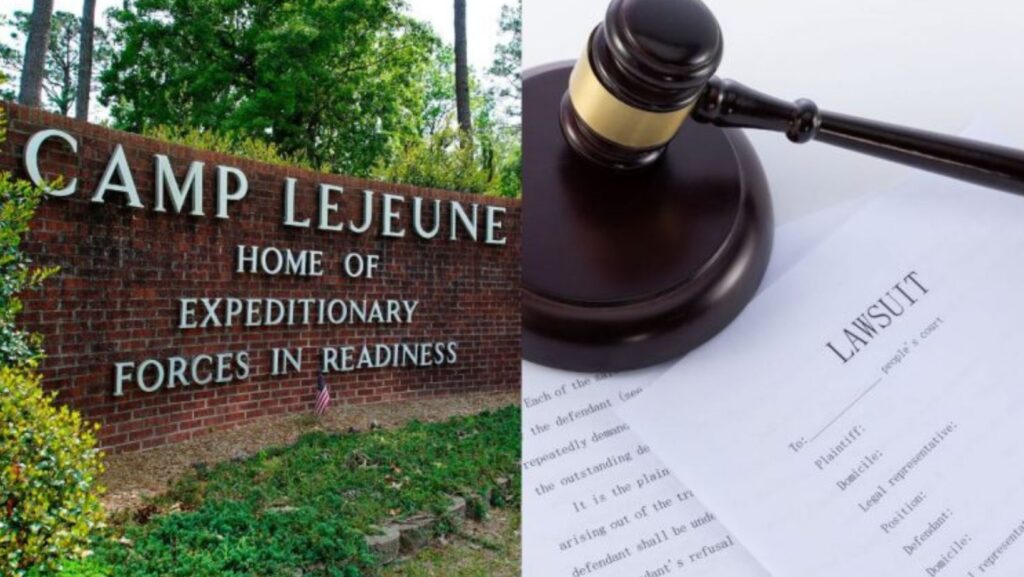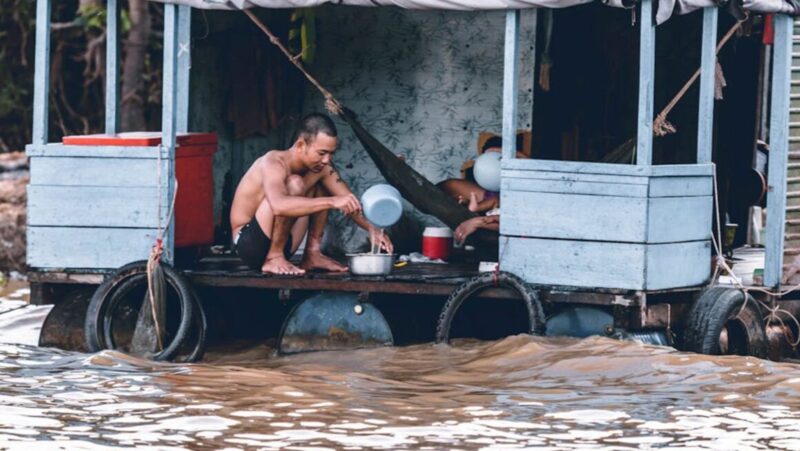
Camp Lejeune, a prominent Marine Corps base in North Carolina with a rich history of World War II, was at the center of a critical environmental issue.
For over three decades, between 1953 and 1987, the base faced a hidden threat – contamination in its drinking water supply. Victims of Camp Lejeune water contamination filed a lawsuit. The best way to get Camp Lejeune lawsuit updates is by visiting reputed websites like Lawsuit Legal News.
This website has been covering the issue since the start and updating victims regularly. They also cover other class action lawsuits, like the Bard PowerPort lawsuit.
The Contamination at Camp Lejeune
The source of the contamination at Camp Lejeune is a troubling story. Industrial waste seeped into the water supply, likely from dry cleaning solvents and degreasers. These contaminants include hazardous chemicals like trichloroethylene (TCE) and perchloroethylene (PCE). Alarmingly, this contamination lasted for a significant period – over 34 years, from 1953 to 1987.
Exposure to this tainted water has raised concerns about potential health risks. Studies suggest a link between the contaminants and various health problems. According to the Agency for Toxic Substances and Disease Registry (ATSDR), possible effects include certain cancers (like adult leukemia and bladder cancer), as well as birth defects. It’s important to note that these are potential risks; not everyone who consumes the water will experience health issues. However, the possibility underscores the seriousness of the situation.
Who is Eligible to File a Lawsuit?
Not everyone who spent time at Camp Lejeune is eligible to file a lawsuit. The critical factor hinges on residency. If you (or a loved one) lived on the base for at least 30 days between August 1953 and December 1987, you may be eligible to file a claim. This applies to veterans stationed there and to civilian workers and their families who resided on base during that time.
Under certain circumstances, even dependents conceived after the exposure period may be eligible. It’s always best to consult a lawyer specializing in these cases to determine your situation.
Recognized Health Conditions
The contaminated water at Camp Lejeune raises concerns about potential health effects. While the exact health consequences can vary, some well-documented conditions are linked to exposure. These include:
- Certain cancers: Studies suggest a link between the contaminants and various cancers, including adult leukemia, bladder cancer, and kidney cancer.
- Birth defects: Exposure during pregnancy may increase the risk of certain birth defects in children conceived after the mother’s contact with the contaminated water.

It’s important to remember that this list is not exhaustive. Research is ongoing, and additional health conditions may be added to the list of recognized effects in the future. Consulting with a healthcare professional is crucial if you have any concerns about your health and potential exposure to contaminated water.
The Camp Lejeune Justice Act (CLJA)
Before 2022, veterans and civilians exposed to the contaminated water at Camp Lejeune had limited legal options. However, the Camp Lejeune Justice Act (CLJA), signed into law in August 2022, marked a significant shift. The CLJA’s primary purpose is to empower individuals to seek compensation from the government for damages caused by the contaminated water.
This act achieves this goal through several key features:
- Waiver of Sovereign Immunity: One major hurdle was the government’s sovereign immunity, which typically shields it from lawsuits. The CLJA waives this immunity for claims related to the Camp Lejeune water contamination.
- Suspension of Statute of Repose: Statutes of repose typically set deadlines for filing lawsuits after an injury occurs. The CLJA suspends this deadline for Camp Lejeune-related claims, allowing individuals who may not have known about the contamination or its health effects to come forward.
- Two-Year Statute of Limitations: However, the CLJA does introduce a new two-year time limit for filing lawsuits after the act’s enactment in August 2022.
The Legal Process
The CLJA allows individuals to file lawsuits. These lawsuits can be pursued individually or as part of a larger group.

It’s important to understand that legal matters, especially those involving the government, can be complex. If you believe you may be eligible for a Camp Lejeune lawsuit, consulting with an attorney experienced in this area of law is highly recommended.










